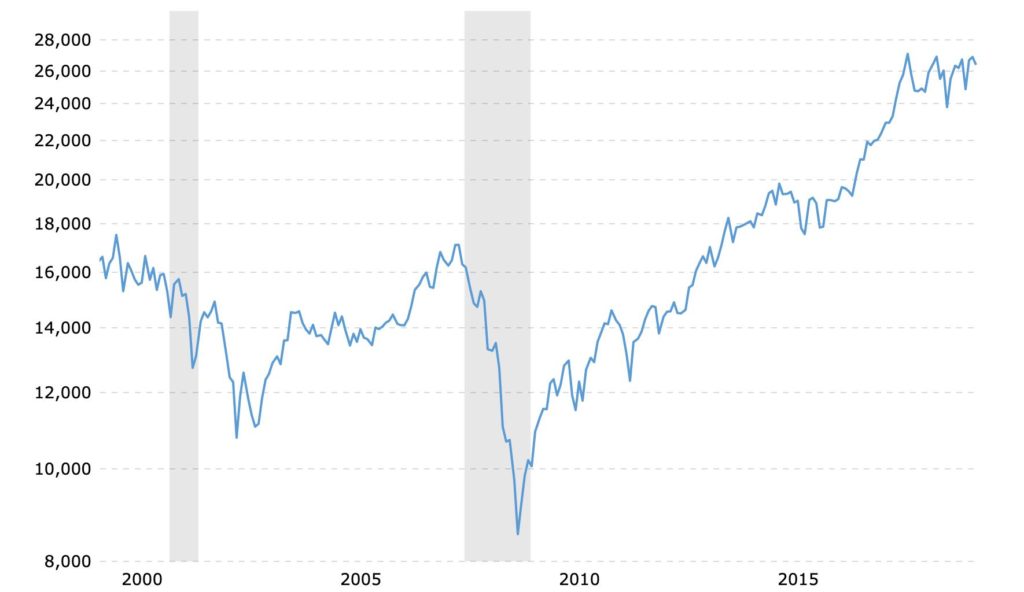1/ The most common mistake with risk is NOT differentiating:
personal, unique risk
FROM
collective, average risk
2/ Personal, unique risk arises from things that are unique to you.
For example, personal financial risk is what incurs to you because of your peculiar investments. Maybe you picked certain stocks or invested in a “hot” property
3/ Contrast this to the collective and average risk of the entire nation’s economy tanking or a bank tanking and wiping savings of millions of people like you.
4/ Usually we end up conflating these two types of risks in our minds.
Many people don’t invest in equities because it’s too risky.
Yes, it’s risky but in a collective and average way, not a personal and unique way
5/ Protecting against collective risks is an exercise in vain because the collective risk is never eliminated, it’s simply gets shifted somewhere else
6/ Collective risks are less worrisome because collectives of people want status quo
So on the realization of such risks, you can take comfort in the fact that there are millions of other concerned folks who will protect the negative impacts of risk for you
7/ Case in point: the 2008 financial crash in the US.
At that time, everyone thought the world economy was in ruts and that people lost money.
Fast forward to today and thanks to bailouts, after the dip, here’s the US stock market performance.

8/ The differentiation between personally unique risk from collective risk is not just important for financial investments but in all other types of risks (including health or relationships)
9/ e.g. If common odds of lung cancer are X, what you need to aim for is to not increase the odds by doing something uniquely foolish (like smoking daily)
If the odds of divorce is Y, you shouldn’t do uniquely foolish things to increase it.
10/ Eliminating or reducing collective risks take a lot of time and effort from entire societies.
You simply cannot deviate much from the collective risks. What you can do is trust that the system addresses such risks and work hard to ensure that you’re not taking personal risks.
11/ Once you start differentiating personally unique risks from collective risks, you start seeing the world in a different light:
– Index funds (collective equities) are no longer risky as entire economy tanking is a collective risk
– Investing in a particular real estate is risky because it’s based on your personal choice and nobody will help you if it goes down
– Going with newly fad diets may actually be risky while relying on the collective wisdom of what to eat may be less risky
12/ Some more thoughts:
– Taking the collective risk means, by decision, average payoffs (in investments, health, relationships)
– People take personal risks generally for higher than average payoffs
13/ Unique investments come with risk but people do that for a higher payoff
Arranged marriages may be less risky in terms of divorce because everyone involved in making the match will try derisking it but returns in terms of love may be less
14/ That’s why it is important to be clear which aspects of life you want to be risk-free and peaceful but then expect mediocre results there
To expect better than average results, you have to take personal risk.
One is not morally superior to the other.
15/ Same people may be willing to take risk in different aspects of life.
A govt employee may be investing all savings in few, specific stocks
An entrepreneur may be simply leaving money in FDs
16/ Curious to know what aspects are you ok to take personal risks and what aspects are you risk-averse?
For me, I take personal risks in:
– Reputation (I say what’s on my mind)
– Jobs (I’ve switched roles within @wingify many times)
– Investments (I am 90% equities)
17/ Risks that I avoid:
– Health and food (I avoid fancy diets)
– Travel (try to stick to a few places)
– Political (I don’t snub my nose into things I can’t significantly influence)
End.
That’s all. Hope you found the essay useful.
What about you? What risks do you take and which ones do you avoid?
Making this difference in your head may help you lead a more confident and peaceful life.
This essay is a lightly-edited version of a Twitter thread I posted.
Join 200k followers
Follow @paraschopra